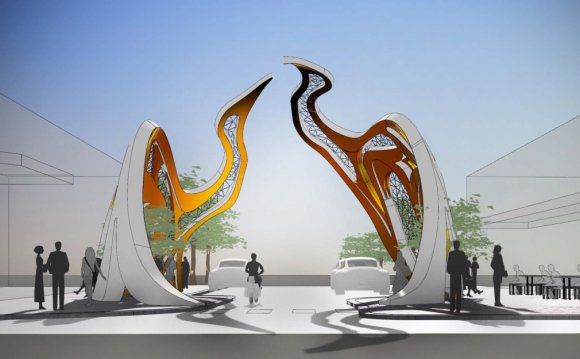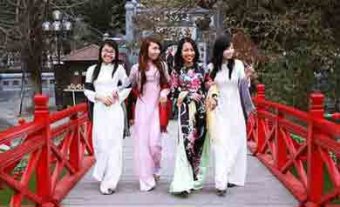
 My partner’s sister recently married. She opted to change her surname and take on the woman husband’s name, as per tradition…Anglo-Celtic tradition, this is certainly.
My partner’s sister recently married. She opted to change her surname and take on the woman husband’s name, as per tradition…Anglo-Celtic tradition, this is certainly.
It’s mainly Anglo-Celtic tradition that will act as the key research point when it comes to wedded names in Australia. Then when a lady marries and keeps the woman surname, it's frequently interpreted as taking a feminist stance contrary to the traditional training of taking on the husband’s surname. Yet there are many explanations people keep or change their particular surnames, and there are many other practices that demonstrate that Anglo-Celtic customs don’t need to be standard in a culturally diverse culture including Australian Continent.
I’m engaged and getting married in 6 months. For me personally, it's a pretty wise solution to keep my surname. Not only because my husband-to-be’s surname will be absurd when coupled with my first-name – their surname is Bird – but we see my surname as being an important url to my Vietnamese family. Pham indicates my cultural back ground in a manner that my first-name does not at all…though with that said, it has been stated to me that in Australian Continent, really the only folks around my age called “Sheila” appear to be Asian. I became given the name partially for explanations outlined in a previous Peril blog post, ‘dealing with an English name‘. Because of the using Sheila as slang in Australia to indicate ‘girl’, many set up Australians prevent it as a name for daughters and only migrants seem unaware of the name’s cultural baggage. The only real others called Sheila in Australia will likely to be a lot older females initially from the UK, Ireland and in other places – migrants from another era. But we digress.
Traditionally, in Vietnamese culture, when ladies marry they don’t transform their surname. Like, my mother continues to be a Tran, even after thirty several years of marriage. In personal use, the norm in Vietnamese tradition is my mother to be labeled by her husband’s first name, so my moms and dads are called Mr and Mrs Tho (Dad’s first-name).
It’s funny to imagine that by NOT changing my surname, I’m in fact becoming conventional within Vietnamese culture. The fact that feamales in Vietnam don’t change their surname upon relationship is most likely indicative of a deeply patriarchal culture where young ones belong to their fathers – and and that's why they take on and keep their father’s surname for a lifetime.
I’ve found myself contemplating this loads lately and I’ve asked my diverse selection of pals what the results are inside their cultures. Typically talking, Arabic females keep their surnames, as do Chinese, Greek, Italian etc. searching deeper, I’ve started initially to find out a myriad of methods that used to don’t even understand about – like husbands and wives in Russia have genderised variations of the same surname (though usually the husband’s). It’s obvious that women’s liberation movement has received a powerful influence on naming methods though, because plenty of regulations throughout the world were changed to accommodate even more flexibility – like the choice for the spouse to make the wife’s surname.
Overall, married brands are a really private choice in Australian Continent. It’s interesting that the majority of females from non-Anglo experiences will buck the practices of these inherited tradition and undertake their particular husband’s surname, according to the practice of dominant Anglo tradition. You’ll realize that many Vietnamese women change their surname with their husband’s – even in the event their particular husband is also Vietnamese, as well as in taking that step, they’re following a unique tradition.
What’s the option after that in my situation then? In writing this, We today realize that I’m quite happy because there’s one choice that makes feeling for me personally: I’m gonna keep my surname to honour my children, and I’m gonna hold my surname to exhibit solidarity with the Western feminist stance of maintaining a completely independent identification. Eventually, it is what I’m preferred doing…there’s no appropriate or wrong, and I also totally appreciate there are different ways of getting about any of it inside our pluralist society.
YOU MIGHT ALSO LIKE











